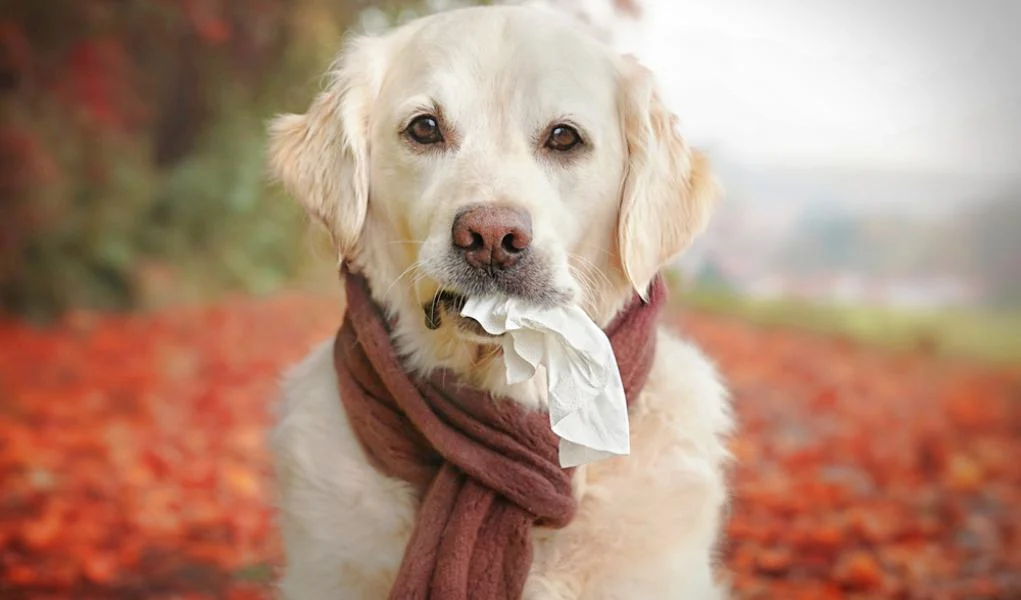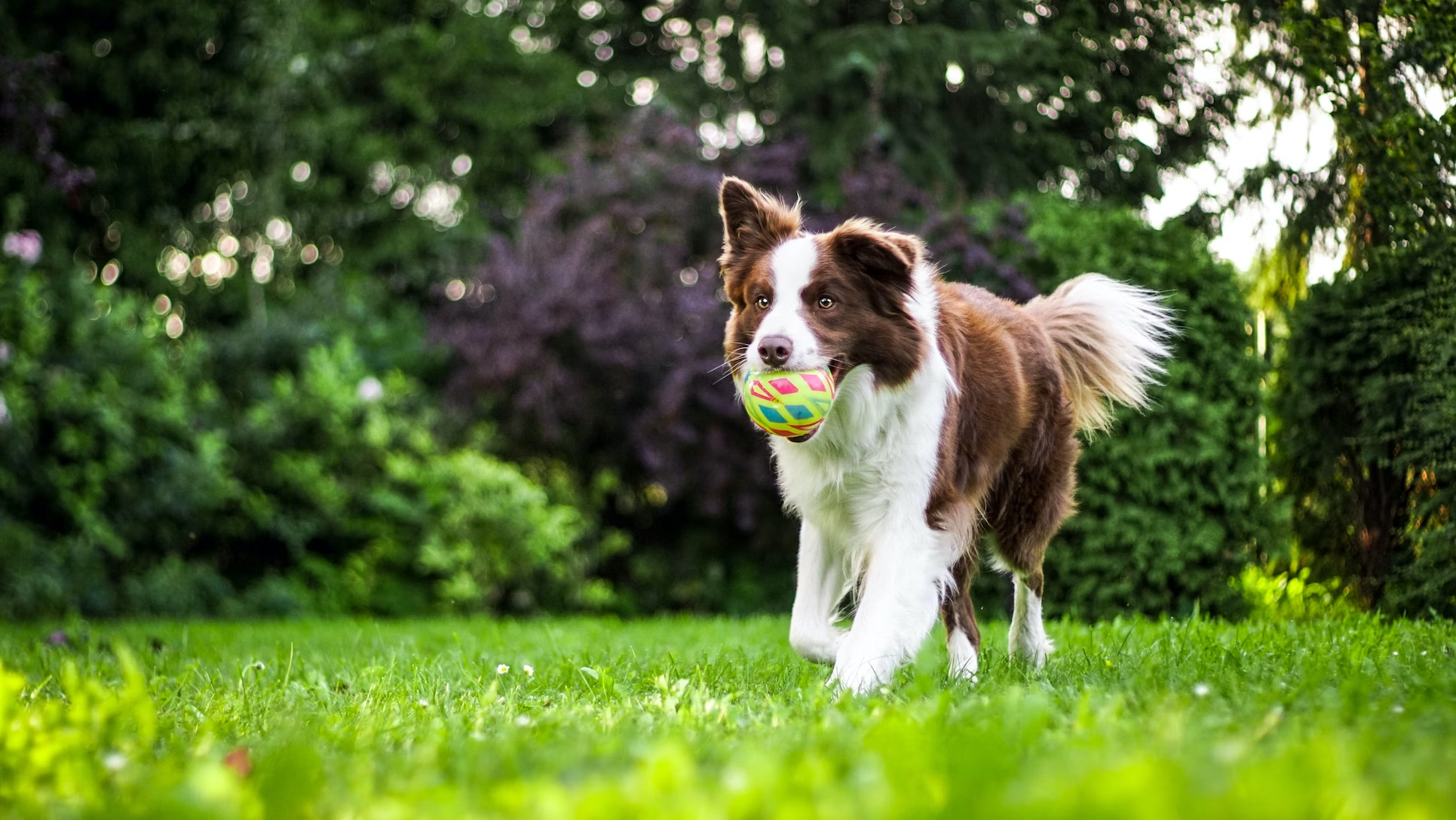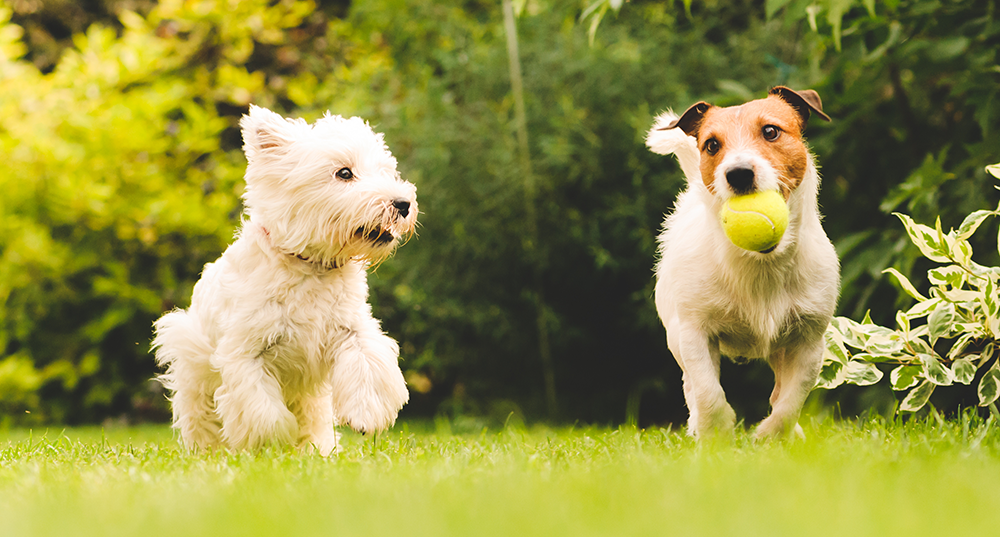While the occasional dog sneeze seems innocent enough, extended bouts of dog sneezing warrant attention. Frequent wheezing, coughing or reverse-sneezing points to irritation or infection. Left untreated, severe cases of chronic nasal discharge risk contagion through dangerous Kennel Cough pathogens.
Determining the root cause behind excessive dog sneezing allows appropriate treatment before infections worsen. We’ll overview common sneezing causes and when to seek veterinary care below.
What Triggers Frequent Dog Sneezing?
Sneezing naturally works to expel mucus and irritants from nasal passages and sinuses. So sudden sneezing often signals the dog’s body attempting to eliminate some respiratory invader.
Common sneeze triggers include:
Allergens
- Dust, pollen, mold spores
- Chemical cleaners, air fresheners
- Certain proteins in foods
Foreign Objects/Nasal Obstructions
- Grass seeds, foxtails
- Sticks, debris
- Growths like polyps or tumors
Infections – Viral, Bacterial, Fungal
- Kennel Cough (Bordetella)
- Canine influenza
- Streptococcus, Staph, Aspergillus
Dental Issues
- Abscessed teeth
- Periodontal disease
Facial Nerve Disorders
- Facial paralysis
- Nerve inflammation
Pinpointing the irritant allows proper care. Take notes on onset and duration of symptoms. Next we’ll unpack specific causes.

Allergy-Related Dog Sneezing
Inhalant allergies represent a very common source of itchy irritation eliciting repetitive dog sneezing and nasal discharge.
Allergic Response Sneezing Signs
- Clear nasal drainage
- Itchy skin, ears, paws
- Red, watery eyes
- Sneezing fits most prominent seasonally
Pollen, dust mites and molds release microscopic particles triggering immunoglobulin E antibody reactions. As blood vessels leak fluid swelling nasal passages, violent expulsion efforts manifest through sneezing spells.
Certain food proteins also prompt localized hive-like reactions in nasal cavities spurring sneezes. Diagnostic allergy scratch tests help identify triggers for allergen avoidance or customized immunotherapy.
Foreign Object-Related Sneezing
Inquisitive dogs frequently snuffle and snort their way into foreign item-induced sneezing dilemmas when materials get trapped inside nasal passages and sinuses.
Common Nasal Invasions
- Grass seeds
- Foxtails
- Bone fragments
- Rocks or debris
Some items eventually get ejected through sneezing. But many require prompt veterinary extraction to prevent infection or penetration into surrounding skull bones and tissues.
Pets notorious for exuberant sniffing during walks are prime candidates for steak knife-esque foxtails and seed migration requiring urgent retrieval. Don’t delay removal once something obviously stuck inside nasal openings gets spotted.
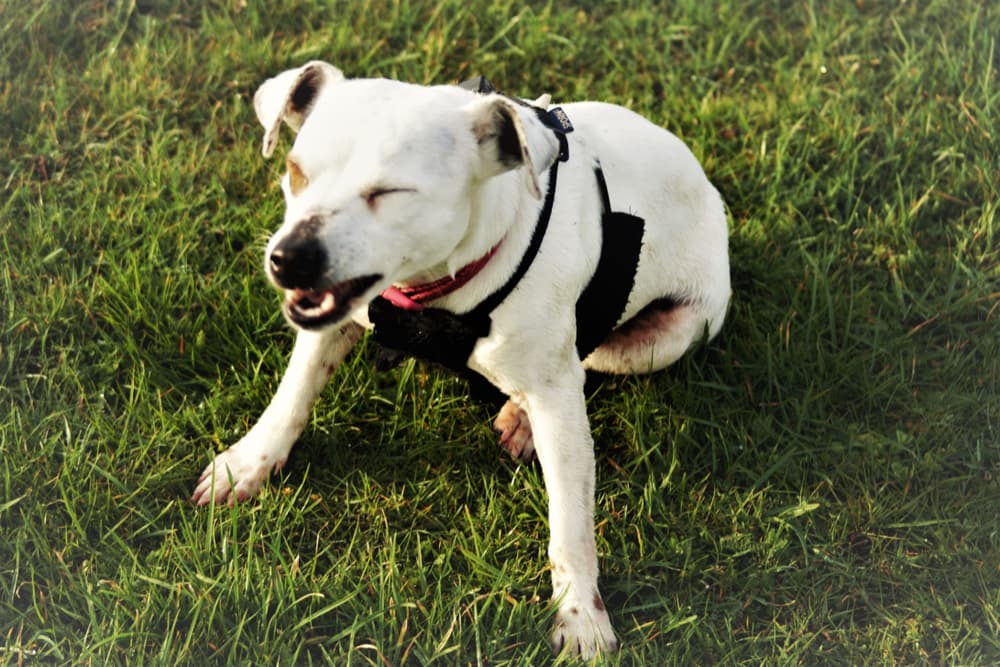
Infection: Kennel Cough and Canine Flu
Among all common sneeze triggers, infections – specifically upper respiratory types -should warrant the most concern regarding contagious risks and complications.
Bacterial and viral organisms infiltrating nasal passages, tracheas and lungs spark irritation and inflammation. Dense discharge accumulates eventually triggering forceful expulsion efforts through repetitive harsh sneezing and coughing fits.
- Kennel cough represents the most notorious upper respiratory infection (URI) generating thick nasal discharge and bothersome cough-like sneezing spells. The Bordetella bronchiseptica bacterium accounts for most cases. But various viral components like parainfluenza also contribute to the classic kennel cough clinical picture.
- Canine influenza – Much more severe than kennel cough, canine-specific flu strains also manifest through URI-type symptomology with heavy nasal discharge and deep hacking coughs.
Left untreated, robust sneezing episodes continuously expel contagious organisms. Both kennel cough and canine flu spread swiftly through particle transmission. Worse still, bacteria secondary invaders frequently capitalize on initial viral damage. This one-two microbial punch drastically escalates pneumonia risks threatening respiratory function.
Prompt veterinary intervention for supportive care remains imperative with suspected infection-related sneezing!

When to Visit Your Vet
While the occasional achoo seems harmless, prolonged bouts of sneezing or nasal discharge must gain veterinary attention to protect your pup and other pets through:
- Pinpointing exact irritant triggers
- Ruling out dangerous foreign bodies
- Evaluating infection risks
- Providing medication if indicated – antibiotics for bacteria, antivirals for viruses
- Supporting respiratory health
Especially when flu/kennel cough concerns exist, swiftly seek veterinary assessment for extended sneezing spells. Catching and addressing the sneeze source early prevents complications down the line!
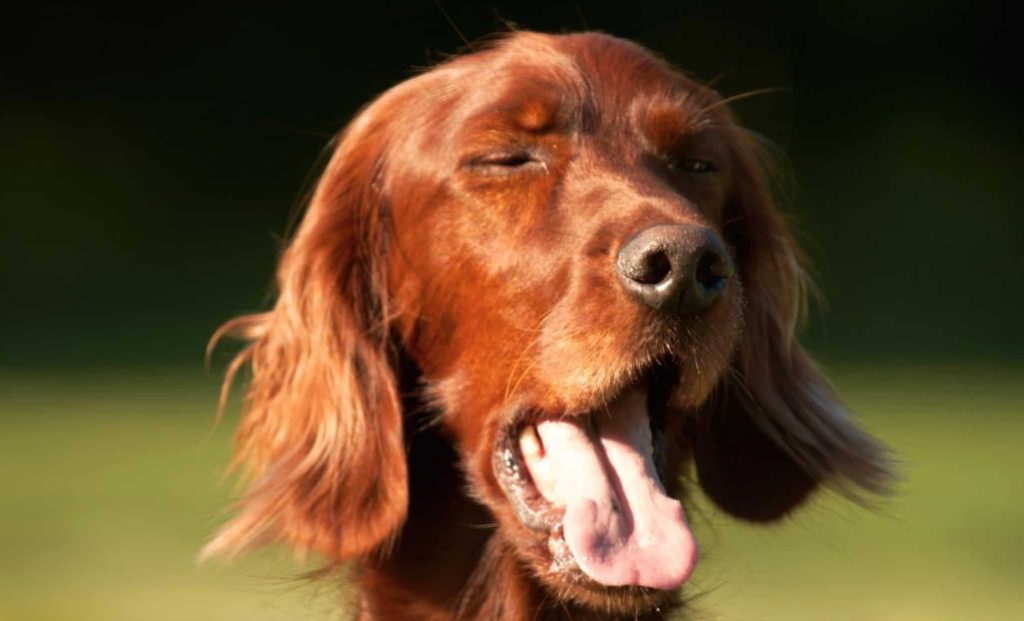
Sneezing Questions from Dog Owners
Still wondering about excessive dog sneezing causes or treatment? See below:
Could my dog’s sneezing become contagious?
Yes! Kennel cough and canine flu spread rapidly through sneeze/cough particle transmission. Protect pets by limiting contact when extended sneezing strikes.
How long should sneezing last before involving my vet?
Contact your veterinarian promptly at the first signs of profuse nasal discharge or harsh, repetitive sneezing or coughing bouts lasting over a day without improvement. Don’t delay!
What home remedies help sneezing fits?
Temporarily alleviate allergy issues by bathing routinely, administering Benadryl short term or using gentle saline nasal rinses to provide relief without masking symptoms from your vet.
In summary, while random sporadic sneezes seem harmless, extended waves of wheezing and sneezing can indicate developing issues needing quick intervention. Connect promptly with your veterinarian if discharge or loud cough-sneezes persist over 24 hours. Getting to the source – whether allergens, foreign debris or infection – fast matters greatly!
